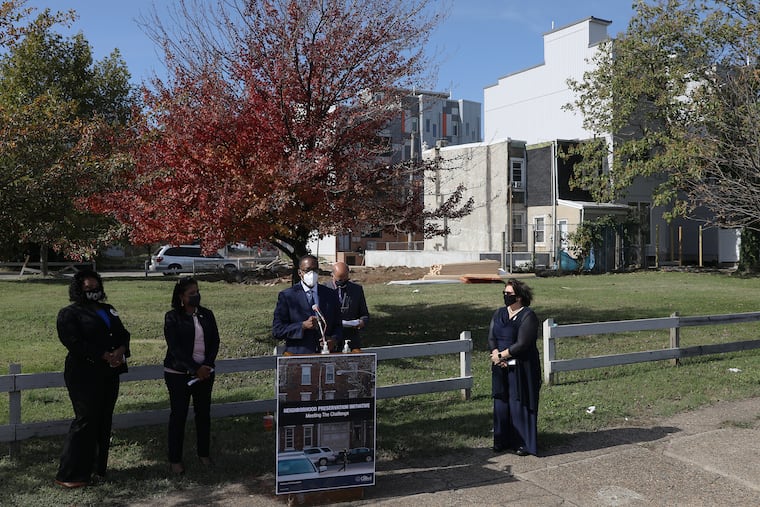Why Philly developers support both the new construction tax and 10-year abatement | Opinion
The new bills passed by City Council are a fair and balanced policy decision.

Philadelphia City Council passed important legislation on Dec. 10, including a 1% Development Impact Tax (DIT) on residential construction. The DIT proceeds will be used to fund the development of much needed affordable housing in our city, as well as other programs in the Neighborhood Preservation Initiative. Along with this 1% tax, City Council also delayed the implementation of previously passed legislation that cut in half the value of the 10-year tax abatement for residential development and passed additional legislation cutting the value of the 10-year tax abatement on commercial developments by 10%. All three bills take effect on Jan. 1, 2022.
The combined approach of giving an extension to residential developers for the time lost during this pandemic before implementing a tax on their projects, while also slightly reducing the property tax benefit for commercial developers, is a fair and balanced policy decision.
» READ MORE: City Council approves Philly construction tax and changes to property tax abatement in busy year-end session
The Building Industry Association of Philadelphia (BIA) — an 80-plus-year-old association of mostly residential developers of which I am president — did not come to support the 1% DIT without careful analysis. Opponents suggest the tax will reduce the amount of new housing built, and therefore increase the cost of housing, which they contend will outweigh its intended benefit to fund the development of more affordable housing. By our math, for a typical residential development project, the 1% DIT will represent closer to a half-percent increase in total project cost, which we believe will be offset by a needed adjustment to the cost of land that the market will provide. Land values have risen in Philadelphia far beyond any economic equilibrium, and a meager 3% reduction would offset the cost of the tax.
The 10-year tax abatement, however, remains a critical incentive for residential and commercial real estate developers to shoulder the risks associated with real estate development and to continue to generate city revenue and jobs, as wells as housing — both market-rate and affordable. While many have called for its repeal, no credible analysis can refute the very positive net economic benefit that the tax abatement has brought to Philadelphia over the past 20 years. Even after the abatement is curtailed starting in January 2022, it will provide a meaningful and needed tax incentive benefiting residents citywide.
» READ MORE: Philly’s failure to end the 10-year tax abatement is no victory to fight poverty | Solomon Jones
Although it is generally not viewed as good tax policy to implement a new tax during severe economic downturns such as the one currently upon us, the deficit of quality affordable housing in Philadelphia is extreme. The Philadelphia Housing Authority alone has more than 60,000 people on its waiting list, which is not surprising in a city that suffers from a persistently high poverty rate of around 25%. Other previously proposed policy interventions that are meant to help solve this shortage, such as mandatory inclusionary zoning that would require a percentage of affordable units in every development proposal, would make many projects unfeasible and generate less housing for those in greatest need.
We acknowledge it is unusual for developers to step forward and ask to pay more, and we do not do so with enthusiasm. But it is only through thoughtful and balanced policies that the power of the free market can be paired up with government intervention to try and tackle the housing problem in Philadelphia. The BIA is sincere in its desire to be part of the solution. The DIT, along with the continuance of the tax abatement for residential construction, is a better option than other alternatives and will have a huge impact where it is needed the most.
Leo Addimando is the president of the Building Industry Association of Philadelphia.